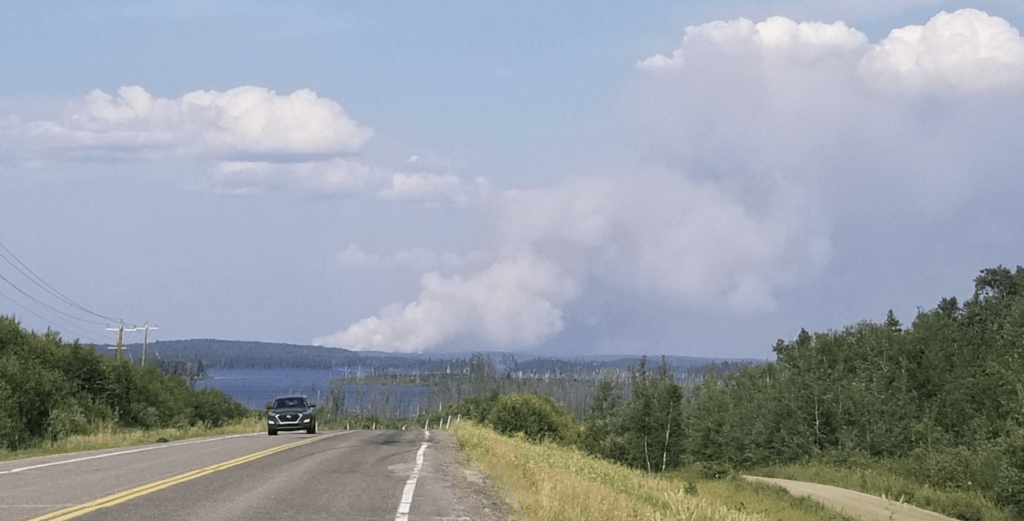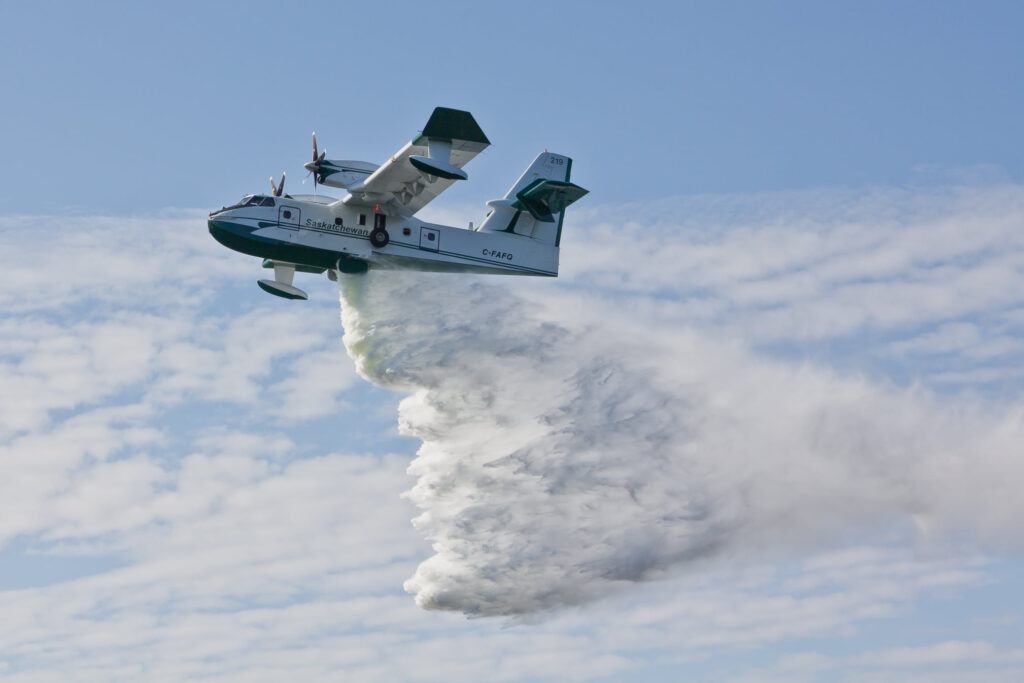
Prince Albert Grand Council (PAGC) leadership will soon meet with the Saskatchewan Public Safety Agency (SPSA) and Canadian Red Cross to address fire management and the handling of evacuations.
“We have made progress with our partners and changes have been made. However, we need to re-shift our thinking around wildfires in the midst of climate change,” Grand Chief Brian Hardlotte said on Thursday.
“It is important that we revisit the recommendations in our wildfire task force report.”
More than 2,200 people were evacuated and received emergency assistance this summer from the Canadian Red Cross, including members of the Lac La Ronge Indian Band, Peter Ballantyne Cree Nation, Shoal Lake Cree Nation, and Red Earth Cree Nation.

The 2021 wildfire season in Saskatchewan has “risen at an alarming rate” the PAGC said in a written statement.
This past summer 591 wildfires burned over 864,669 hectares of land causing a “significant loss” of commercial timber. Smoke from Saskatchewan’s wildfires, as well as from wildfires in British Columbia, Alberta and Manitoba, affected most of Saskatchewan.
“I want to commend the efforts of our valued partners in fighting the wildfire and supporting the evacuation efforts,” Hardlotte said.
“This past year was marked by a series of disasters, but it also displayed the resilience of our people and the generous support of many others who helped them through it.”
Saskatchewan Public Safety Agency (SPSA) spokesperson Christopher Clemett said in a written response that the SPSA “values feedback” from the PAGC.
He said the agency “is pleased to continue to meet at their convenience to discuss this year’s wildfire season and response.”
“Due to extended periods of hot weather and low precipitation, Saskatchewan experienced high to extreme fire risk throughout the summer,” Clemett said. “As a result, we saw 591 wildfires, which is well over the five-year average of 295.”
Clemett said the agency responded with a “wide range” of emergency, ground and air protection personnel and equipment.

Hardlotte said there’s a need to look at ways to strengthen relationships and discuss opportunities for a “closer and more integrated working relationship” that would improve support for disasters in the coming years.
PAGC relies on a task force of community members experienced in firefighting and emergency response to make recommendations on wildfire management.
Recommendations cover fire crew configurations, remote camp models, type two and type three fire crews, climate change factors, and state of emergency procedures.
The SPSA said land and air operations personnel protected Saskatchewan citizens, communities, infrastructure and other values to the best of their ability this summer.
To address community impacts, the agency said it stayed in “constant contact” with community leaders, Tribal Councils and emergency management personnel, to meet their needs. This included providing air scrubbers to address air quality concerns.
Before taking action on any fire Clemett said the agency evaluates likelihood of success then makes sure it is safe to respond — and that the response will minimize economic impact.
He said every fire is assessed and managed based on the threat to public safety, communities, major public and industrial infrastructure, commercial timber, industry and natural resources.
“This ensures response resources are sent where they are needed most,” Clemett said. “The health and safety of Saskatchewan residents is the SPSA’s primary concern.”
